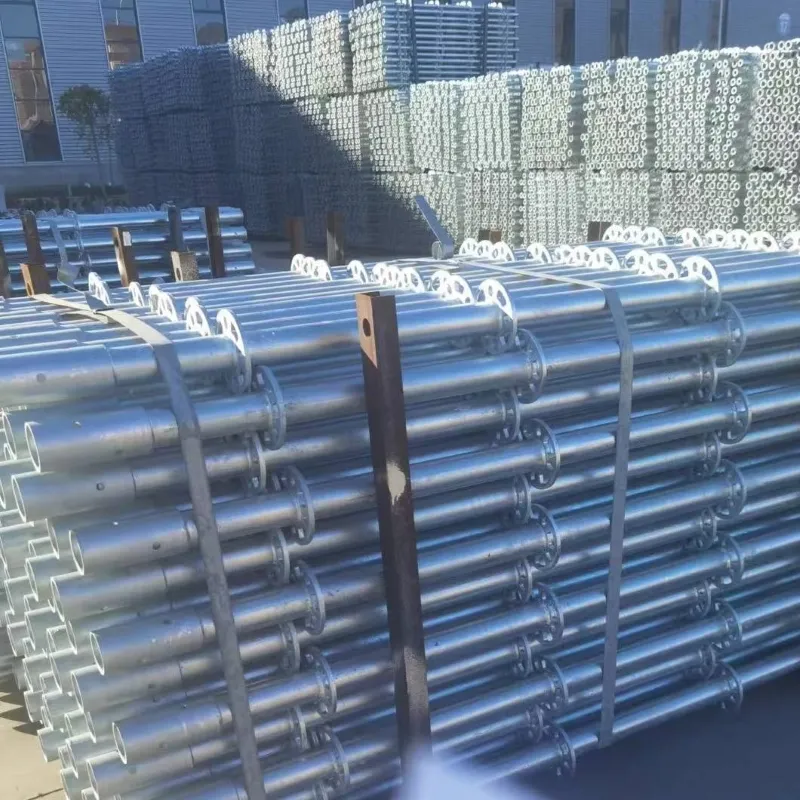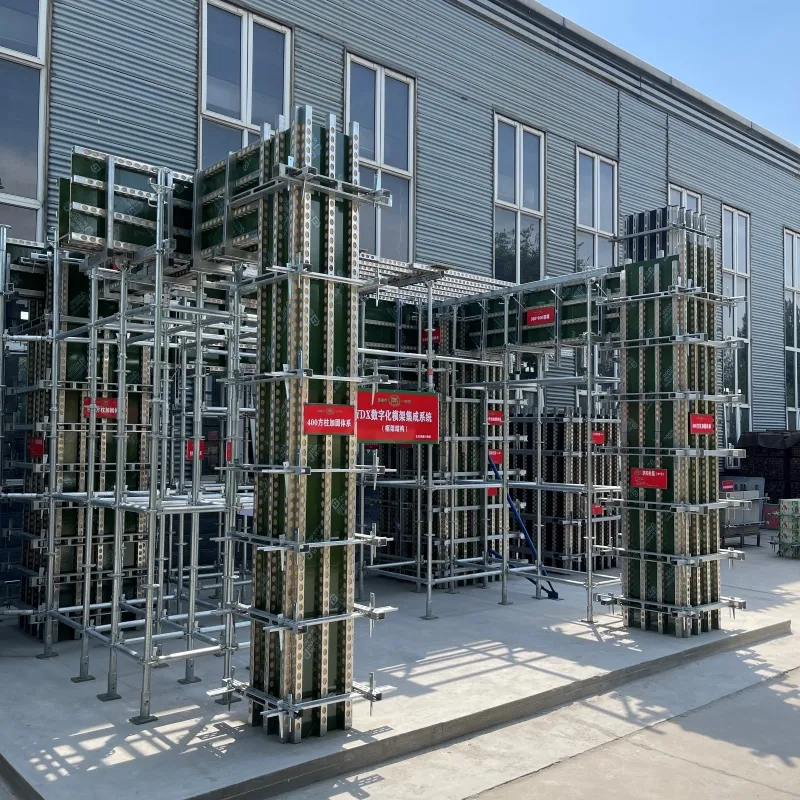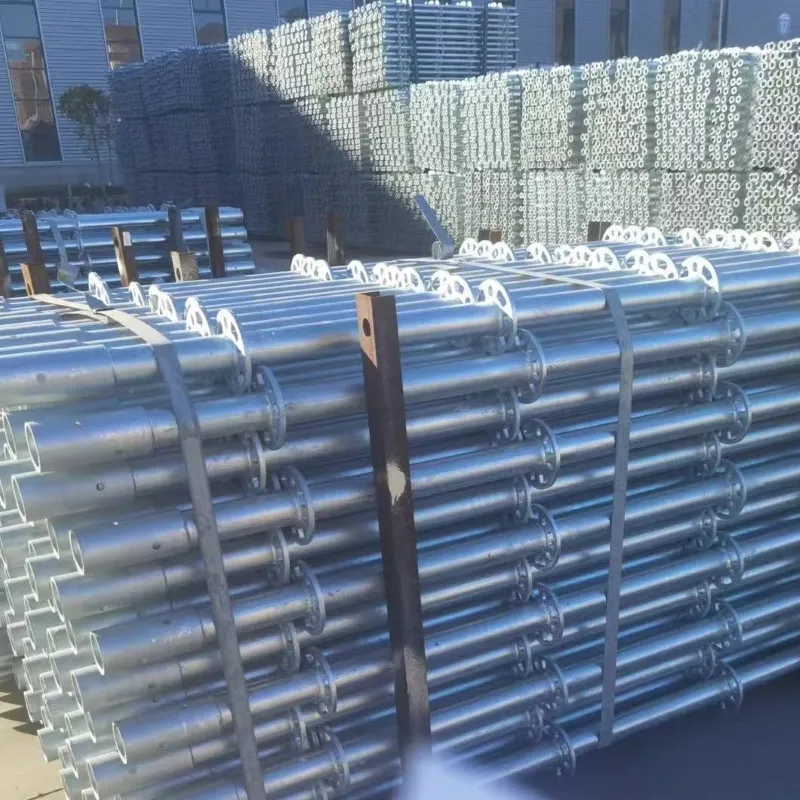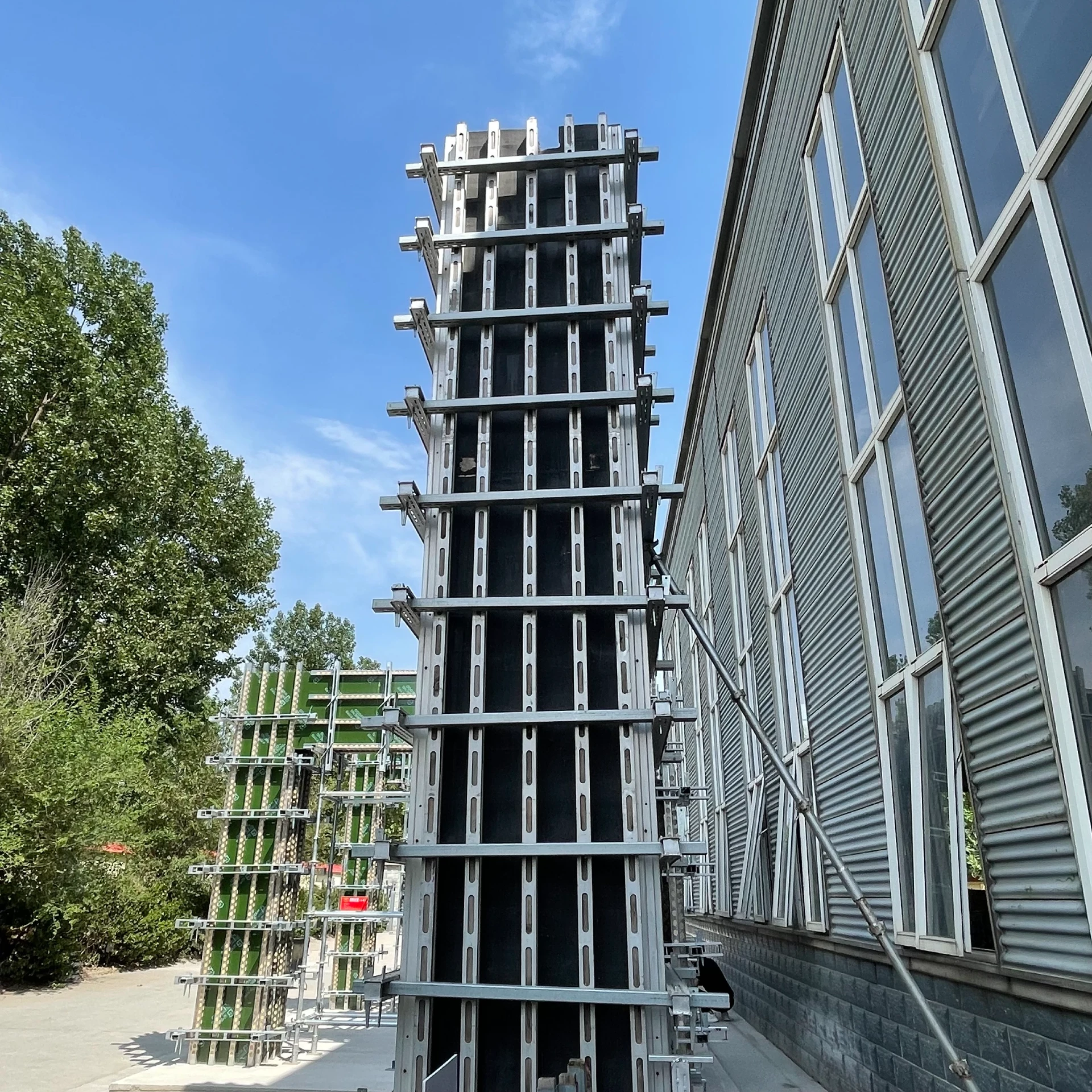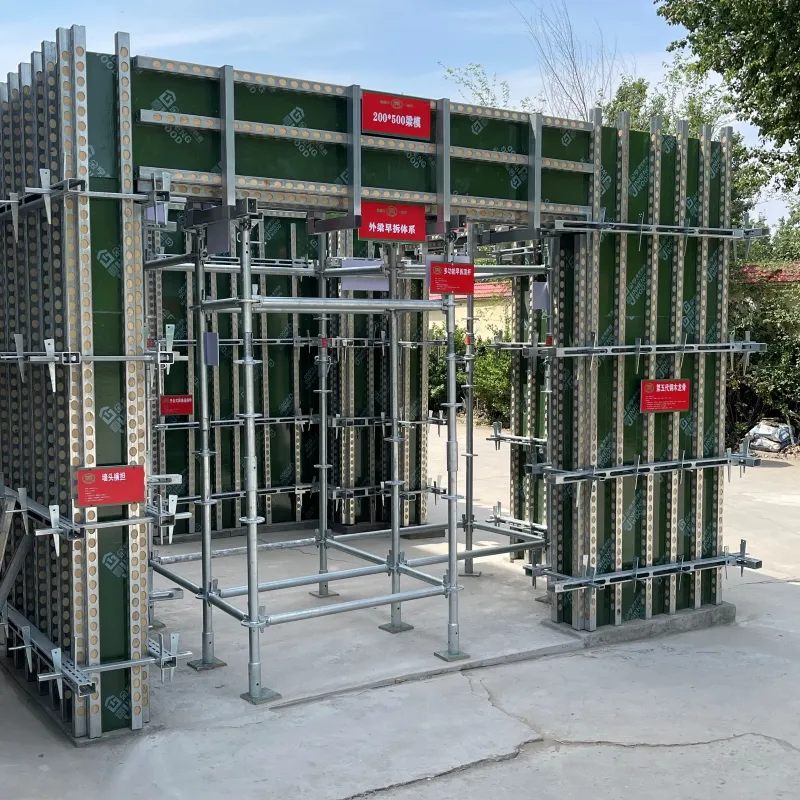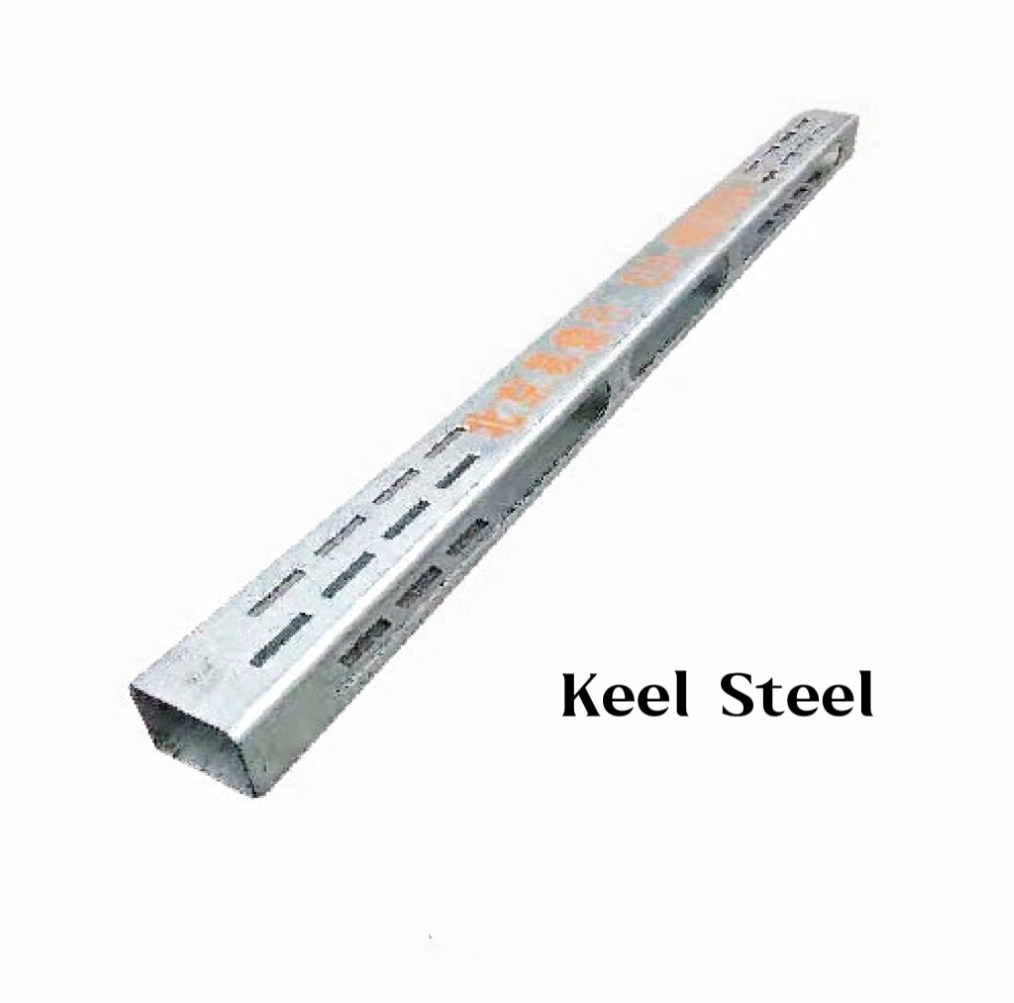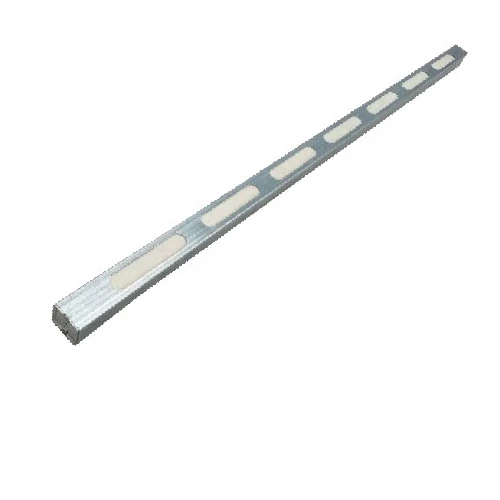
Prefab Concrete Floor Slabs Durable, Affordable & Fast Installation
- Introduction to Modern Construction Solutions
- Technical Advantages of Prefab Concrete Floor Slabs
- Cost Analysis: Prefab vs Traditional Flooring
- Leading Manufacturers and Product Comparisons
- Customization Options for Diverse Projects
- Real-World Applications and Case Studies
- Long-Term Value and Maintenance Considerations
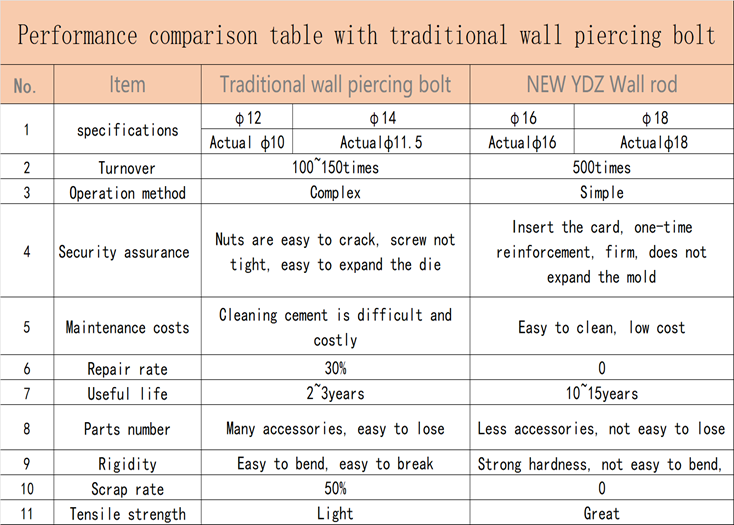
(prefab concrete floor slabs)
Why Prefab Concrete Floor Slabs Dominate Modern Construction
Prefabricated concrete floor slabs have revolutionized building methodologies, offering 40% faster installation times compared to cast-in-place alternatives. These engineered components reduce labor costs by up to 25% while maintaining compressive strengths exceeding 5,000 psi. The global prefab construction market, valued at $132 billion in 2023, continues to grow at 6.8% CAGR as developers prioritize time-efficient solutions.
Technical Superiority in Structural Design
Prestressed concrete floor slabs employ post-tensioning cables that increase load-bearing capacity by 200-300% versus conventional slabs. Advanced curing techniques achieve 95% of full strength within 72 hours, enabling immediate load application. Fire resistance ratings exceed 4 hours, with sound insulation properties averaging 50dB reduction.
| Manufacturer | Price Range (per m²) | Lead Time | Max Span |
|---|---|---|---|
| ConcreteTech Pro | $85-$120 | 14 days | 15m |
| SpanCore Systems | $75-$110 | 18 days | 12m |
| PreFabMaster | $90-$130 | 12 days | 18m |
Adaptable Solutions for Unique Requirements
Customization parameters include:
- Thickness variations: 150mm to 400mm
- Surface finishes: Brushed, polished, or aggregate-exposed
- Reinforcement options: Steel mesh vs fiber-reinforced polymer
A recent warehouse project utilized 300mm-thick slabs with embedded conduit channels, reducing electrical installation costs by 18%.
Demonstrated Performance Across Industries
Case Study 1: Commercial Complex (2023)
- Project Scale: 25,000 m² flooring
- Installation Time: 22 days (vs 38 days traditional)
- Cost Savings: $14.70/m² achieved
Case Study 2: Industrial Facility (2024)
- Load Capacity: 900 kg/m² sustained
- Deflection: <3mm under full load
- Maintenance Costs: $0.12/m² annual
Sustaining Performance Through Decades
Properly maintained prefab concrete floor slabs
demonstrate:
- 95% structural integrity retention after 30 years
- Carbonation depth <5mm after 20 years
- Chloride ion penetration resistance: 98% reduction
Prefab Concrete Floor Slabs: The Future-Proof Choice
With 78% of contractors now specifying prefab solutions for commercial projects, these systems deliver unmatched value. The combination of rapid deployment (3-5 days per floor) and lifecycle costs 35% below traditional methods positions prefab concrete floor slabs as the optimal choice for sustainable construction.
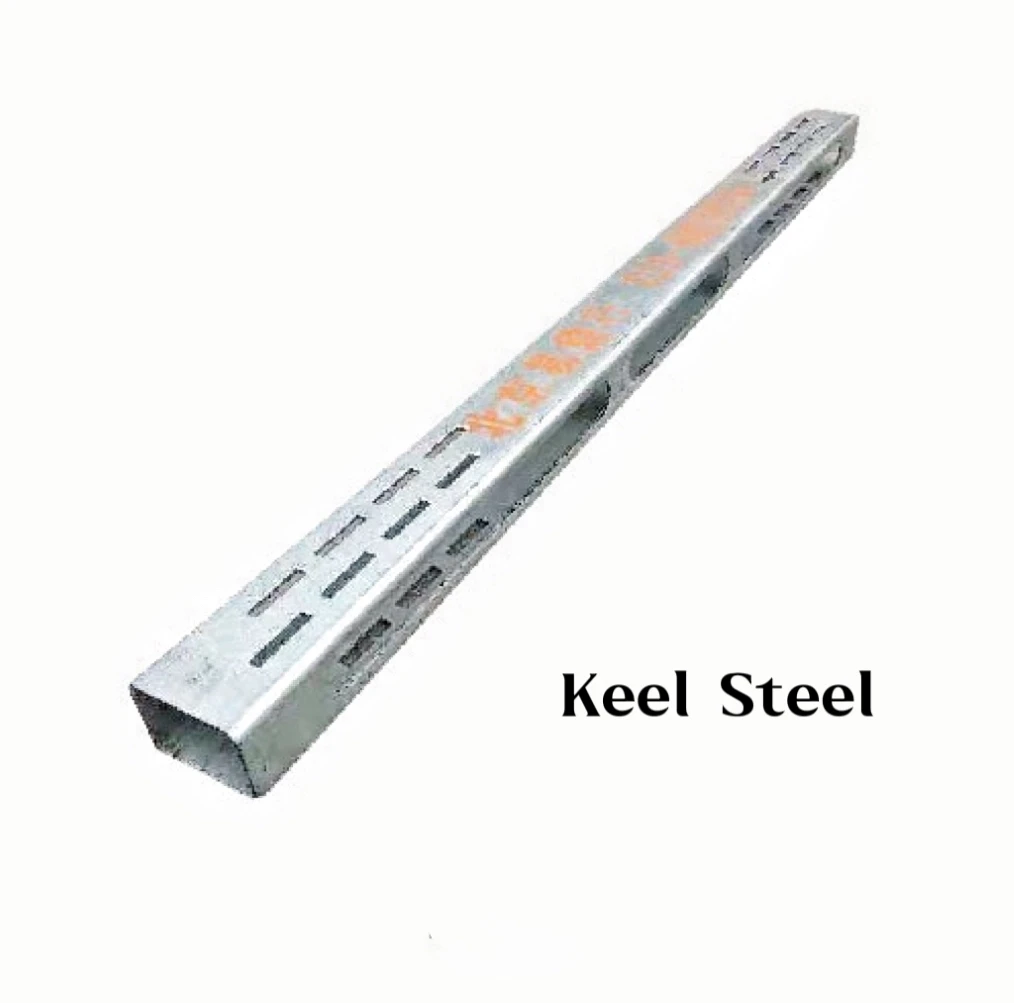
(prefab concrete floor slabs)
FAQS on prefab concrete floor slabs
Q: What factors influence the cost of prefab concrete floor slabs?
A: Pricing depends on slab thickness, size, reinforcement type, and transportation distance. Custom designs or prestressed options may increase costs. Bulk orders often reduce the price per unit.
Q: How do prestressed concrete floor slabs differ from standard ones?
A: Prestressed slabs use tensioned steel cables to enhance load-bearing capacity and reduce cracking. They are thinner and lighter than standard slabs while maintaining strength. This makes them ideal for long-span applications.
Q: What are the installation steps for prefab concrete floor slabs?
A: Installation involves site preparation, precise measurement, crane-assisted placement, and securing slabs with grout or bolts. Proper alignment and joint sealing are critical. Professional installation ensures structural integrity and compliance with codes.
Q: Why choose prefab concrete floor slabs over cast-in-place options?
A: Prefab slabs offer faster installation, consistent quality control, and reduced weather-related delays. They minimize on-site labor and material waste. Factory curing also ensures optimal strength and durability.
Q: What determines concrete floor slabs price per square foot?
A: Costs vary based on raw material prices, reinforcement requirements (e.g., rebar or prestressing), and project complexity. Regional market rates and supplier markups also affect pricing. Always request itemized quotes for accurate comparisons.
-
Stainless Steel Keel: Analysis of the Triple Advantages of Rigidity, Stability, and LightweightNewsJun.19,2025
-
New Building Scaffolding System: Technological Innovation and Application Prospects of ScaffoldingNewsJun.19,2025
-
Double Diameter 48 Round Pipe Construction Method Using Light Steel Keel Knife Instead of Traditional Reinforcement ApplicationNewsJun.19,2025
-
Bar Tie Reinforcement: Quality Assurance and Reinforcement Efficiency EnhancementNewsJun.19,2025
-
Application of Square Column Reinforcement in Wall and Top StructureNewsJun.19,2025
-
Activo Scaffolding: Effective Development Practice Based on Reasonable Template Design and Supporting System ConfigurationNewsJun.19,2025
-
Optimizing Structures with Square Column ReinforcementNewsJun.10,2025




